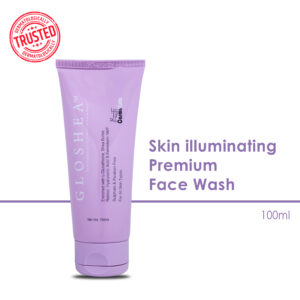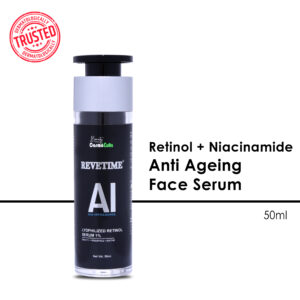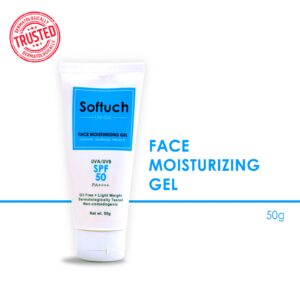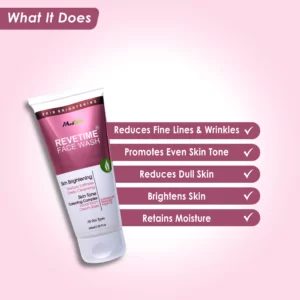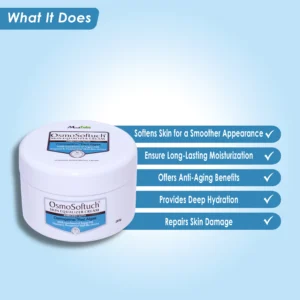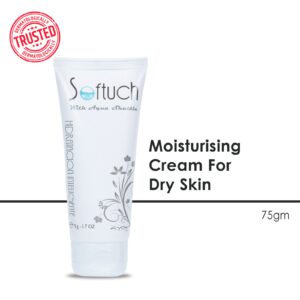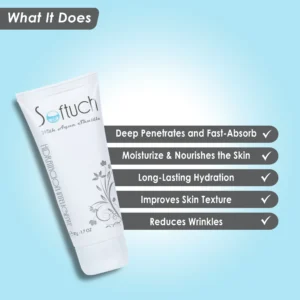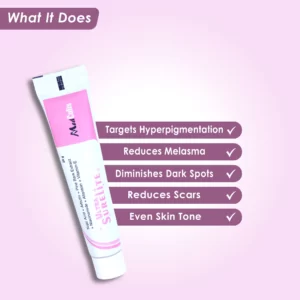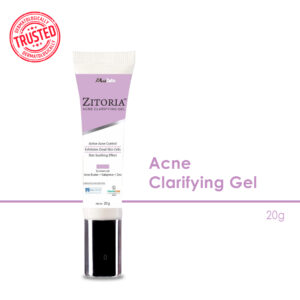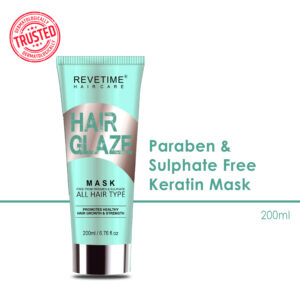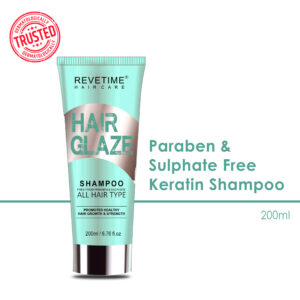-
- Sale!
Revetime | Vitamin C Face Serum | Anti-aging | Prevents Dark Spots | 15% Vitamin C | 1% Hyaluronic Acid | 30ml
-
₹990.00Original price was: ₹990.00.₹989.00Current price is: ₹989.00. - Add to cart
Frequently Asked Question
- What is hyaluronic acid for skin?
Hyaluronic acid is a naturally occurring substance found in the body that helps retain moisture in the skin, keeping it hydrated and plump. In skincare, hyaluronic acid is used as an ingredient in various products to provide hydration and improve the overall appearance and texture of the skin. - What are the benefits of using hyaluronic acid with vitamin C?
Combining hyaluronic acid with vitamin C has several benefits for the skin. Vitamin C is an antioxidant that helps brighten the skin, even out skin tone, and promote collagen production. When used together with hyaluronic acid, it enhances the moisturizing effects of hyaluronic acid while providing antioxidant protection and improving the skin’s overall radiance. - What are the benefits of using hyaluronic acid with vitamin E?
Hyaluronic acid sunscreen and vitamin E complement each other in skincare. Vitamin E is a powerful antioxidant that helps protect the skin from free radicals and environmental damage. Combined with hyaluronic acid SPF50, it provides hydration while supporting the skin’s natural defence mechanisms. This combination help improve the skin’s texture, reduce inflammation, and enhance overall skin health. - Can hyaluronic acid cause acne?
Hyaluronic acid is generally considered safe for most skin types, including acne-prone skin. It is non-comedogenic, which means it does not clog pores and is unlikely to cause acne breakouts. In fact, hyaluronic acid is beneficial for acne-prone skin by providing lightweight hydration without adding excess oil or exacerbating existing breakouts. However, everyone’s skin is unique, and some individuals may experience sensitivity or adverse reactions to certain products, so it’s always recommended to patch-test new products and consult with a dermatologist if you have concerns. - What are the benefits of hyaluronic acid for skin?
Hyaluronic acid serum offers several benefits for the skin. It is a potent moisturizer that helps hydrate the skin, making it appear plumper and smoother. It also improves the skin’s elasticity, reduces the appearance of fine lines and wrinkles, and promotes a more youthful complexion. Additionally, hyaluronic acid has soothing properties that help calm irritated or inflamed skin, making it suitable for various skin types. - Is hyaluronic acid good for oily skin?
Yes, hyaluronic acid SPF50 is suitable for oily skin. Oily skin still requires hydration, and hyaluronic acid provides lightweight moisture without adding extra oil to the skin. It helps balance the skin’s moisture levels, ensuring that the skin stays hydrated without feeling greasy. By maintaining proper hydration, hyaluronic acid actually helps regulate the skin’s oil production and reduce excessive sebum secretion, contributing to a more balanced complexion. - What are the benefits of using hyaluronic acid with retinol?
Combining the hyaluronic acid serum with retinol is beneficial for the skin. Retinol, a form of vitamin A, is known for its anti-ageing properties. It helps stimulate collagen production, promote skin cell turnover, and reduce the appearance of wrinkles and fine lines. When used with hyaluronic acid, which provides hydration, it helps counteract the potential drying effects of retinol and minimises skin irritation. This combination supports overall skin rejuvenation and improves the texture and appearance of the skin. - What are the benefits of using hyaluronic acid with niacinamide?
Hyaluronic acid and niacinamide work synergistically to improve the skin’s health and appearance. Niacinamide, also known as vitamin B3, offers multiple benefits, such as reducing redness, improving skin elasticity, and regulating sebum production. When paired with hyaluronic acid, which provides hydration, it helps calm and soothe the skin while enhancing its moisture-retention capabilities. This combination results in a more balanced and nourished complexion and improved skin tone and texture. - What are the benefits of using hyaluronic acid sunscreen?
Using hyaluronic acid SPF50 sunscreen provides both hydration and sun protection. It moisturizes the skin with hyaluronic acid while shielding it from UVA and UVB rays with SPF50.


